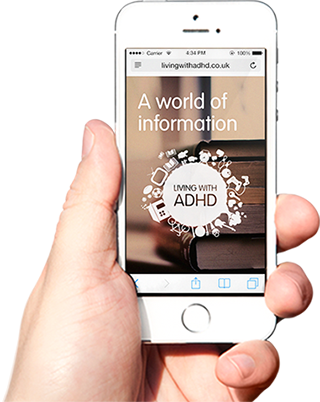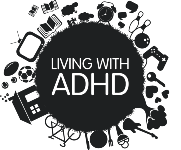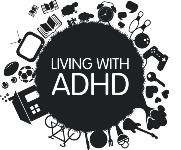Parents - What is ADHD
What is ADHD?
As a parent, you know that children can sometimes be boisterous, restless, inattentive, disorganised, noisy or forgetful. So what distinguishes "normal" challenging behaviour from ADHD?
Inattention, hyperactivity, impulsiveness
Attention Deficit Hyperactivity Disorder (ADHD) is diagnosed when a child shows abnormally high levels of:
- Inattention, for example if your child has a short attention span and is easily distracted, disorganised or forgetful, and is unable to complete actions
and/or
- Hyperactivity and impulsiveness, for example your child may fidget, talk too much, interrupt other people, be unable to sit still or wait their turn or is always "on the go"
Is it really ADHD?
To qualify as true ADHD, these problems must:
- Be long-term. This means that the symptoms have been present for at least six months
- Be abnormal for the child's age or developmental stage. Behaviour that is normal and acceptable in a two year-old may not be normal at the age of ten
- Have started by twelve years of age. ADHD is part of the child's make-up, and symptoms often emerge very early on
- Be genuinely disruptive to the child's everyday life and wellbeing
- Occur in more than one setting; for example, at home and at school
Poor school performance, social and emotional problems
ADHD affects children to varying degrees and in different ways, but it can have a serious impact on everyday functioning and relationships. Children with severe ADHD often perform poorly at school, have social and emotional problems and may suffer from low self-esteem.
An accurate diagnosis is essential
ADHD can persist into adolescence and adulthood, and can be associated with problems such as substance misuse, unemployment, and involvement in crime. It is therefore important for children to be diagnosed accurately and for a treatment plan to be put in place.


Resources
Visit our resource centre for useful information and helpful activities for parents, teachers and teenagers living with ADHD.

